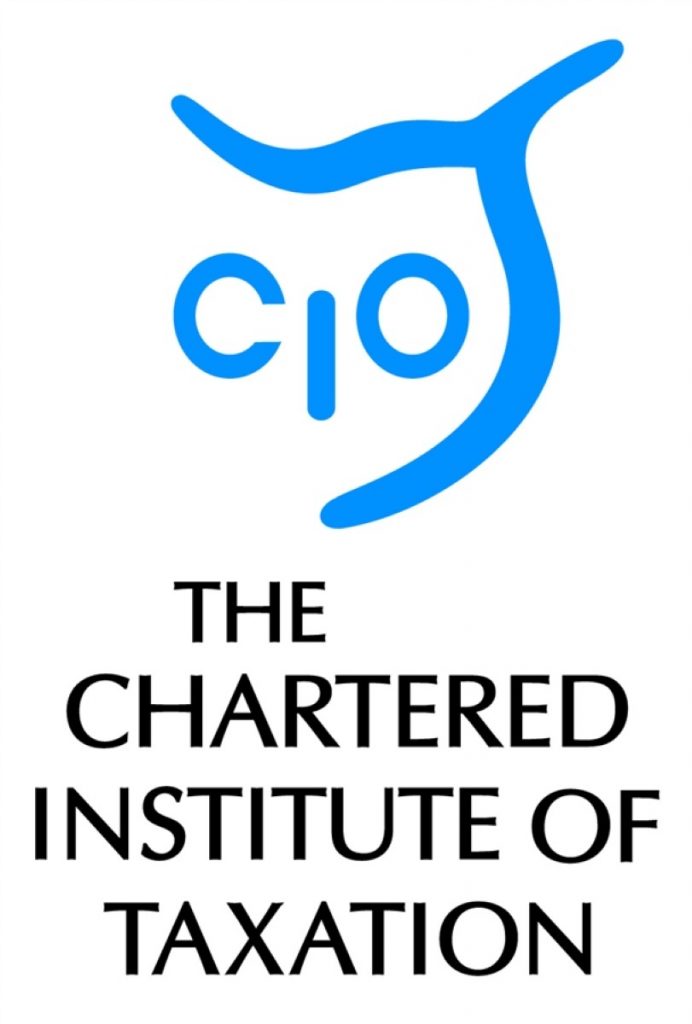Pushing the digital tax account agenda could impose heavier burdens on self-employed
The Low Incomes Tax Reform Group (LITRG) has expressed concern that using new digital tax accounts to make self-employed people report to HMRC more often will add to their workload.
The Chancellor announced today that most self- employed people, including landlords, would be required to update their tax information at least quarterly using their digital tax account. He is also consulting on bringing forward the payment dates for these taxes.
In his Budget statement earlier this year, the Chancellor announced that individuals and small businesses would be able to access digital tax accounts that would be used to make tax payments simpler. He has now confirmed that these accounts will be available by the tax year 2016/17, presumably meaning they will be available from 6 April 2016.
These accounts will contain all the tax information that HM Revenue & Customs (HMRC) already have about taxpayers.[1]
The announcement earlier this year anticipated that individuals would be able to review their digital tax account and use it to make any tax payments necessary. The new announcements today widen considerably the functionality of these accounts, seemingly placing greater burden on individuals, businesses, the self-employed and landlords to actively manage and track their tax affairs digitally, using the digital tax account and apps to provide updates/returns to HMRC at least quarterly and potentially accelerating their tax payments.
Anthony Thomas, Chairman of the Low Incomes Tax Reform Group, said:
“We gave a cautious welcome to the new digital tax accounts on the basis they might simplify matters for some low income taxpayers, although we remained very concerned that a significant proportion of the population, often the most vulnerable, remain digitally excluded.
“Extending the use of these accounts to enforce more regular reporting by the self-employed seems to us to show a total lack of understanding of the financial awareness of many business owners: even with exemplary records it might be very difficult for a business owner to report an accurate profits figure other than at the year end, unless he employs an accountant to help him.
“We would be very concerned indeed if this proposal goes ahead without significant consultation since the additional burdens for self-employed people both in terms of administration and potential costs will almost certainly be substantial enough to discourage entrepreneurship altogether.
“Consultation is expected on accelerating tax payments, another worrying development which could go spectacularly wrong for the self-employed and we will be considering these carefully together with any transitional arrangements.”
1. For example, HMRC already receive monthly details from employers of pay and tax deductions; banks provide them with details of interest amounts earned; and the Department for Work and Pensions provides HMRC with information on various state benefits including the state retirement pension.
2. Low Incomes Tax Reform Group
The Low Incomes Tax Reform Group (LITRG) is an initiative of the Chartered Institute of Taxation (CIOT) to give a voice to the unrepresented. Since 1998 LITRG has been working to improve the policy and processes of the tax, tax credits and associated welfare systems for the benefit of those on low incomes.
The CIOT is the leading professional body in the United Kingdom concerned solely with taxation. The CIOT is an educational charity, promoting education and study of the administration and practice of taxation. One of our key aims is to work for a better, more efficient, tax system for all affected by it – taxpayers, their advisers and the authorities. The CIOT’s work covers all aspects of taxation, including direct and indirect taxes and duties. The CIOT’s 17,500 members have the practising title of ‘Chartered Tax Adviser’ and the designatory letters ‘CTA’, to represent the leading tax qualification.





-01.png)